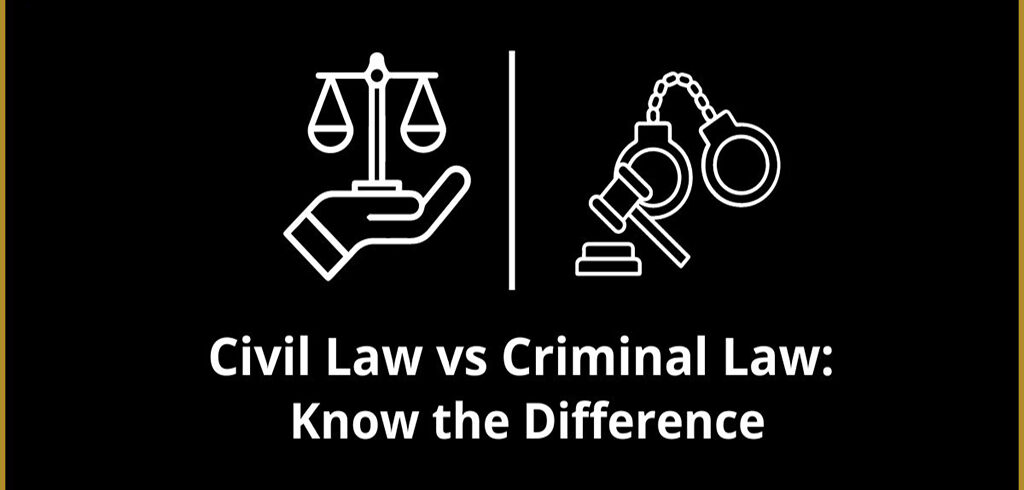
What is Force Majeure?
It is a French term directly translating to ‘greater force’.
Thailand’s Civil and Commercial Code defines it as “an event or pernicious result that could not be prevented despite efforts by the affected person to take appropriate care as may be expected from them in such a situation”. In matters law, force majeure is a clause commonly found in contracts that serves as a ‘release’ from liability or obligation for both parties in the event of extraordinary circumstances. These circumstances are said to be beyond the control of the parties, ranging from human acts such as wars, riots, and crime to ‘Acts of God’ like natural disasters, disease outbreaks, and other epidemics/pandemics.
Practically speaking, this exemption from duty for both parties is not absolute, but rather for the duration of the force majeure. While it is a common clause, it is not uncommon to find contracts that exclude this provision. In such a case, a court of law will look to its principles that are developed over time. These may include the frustration of purpose, impracticality, and impossibility of performance. Taking employment contracts and leases as examples, a Phuket lawyer will know that even if the clause is not included, Thai law will apply it if circumstances match its definition of force majeure.
Some occurrences are not covered by force majeure. These include:
- results of usual and natural consequence of external forces
- results of negligence or malfeasance from either party which affects its general capability to complete the agreed-upon tasks
- results of any occurrences already catered for and addressed by the contract
- While some situations are clear cut, some require an individual approach. The client of a Phuket aw firm may be unable to fulfill an agreed-upon task due to ‘excessive’ rain. While rain is a natural occurrence, the Phuket lawyers may be in their right to argue that it was impossible for the client to fulfill their end of the bargain because of the magnitude of the rain. As such, some cases are subjective.
It is worth noting that force majeure is under the control of whatever law governs the contract. Two contracts may have identical force majeure clauses, word for word. However, if the laws governing the two contracts are different, the interpretations of the force majeure clauses may be entirely different.
The History of Force Majeure
It is no surprise that the French term has French roots. It has its origins in French civil law. In common law, however, it more of a label for the clause. The principles behind the clause may have originated in England. Two parties signed a contract without a clause stipulating recourse should unforeseen circumstances occur. As it happened, an accidental fire destroyed a music hall where an event was supposed to take place. The event organizer was to pay the venue owner on each day of the event. This was back in 1861. The ruling was as follows: “In contracts in which the performance depends on the continued existence of a given person or thing, a condition is implied that the impossibility of performance arising from the perishing of the person or thing shall excuse the performance.”
Drafting a Force Majeure Clause
The structure of these clauses has, over time, streamlined. The general format is split into a definition, which is the force majeure event itself, and instructions on what happens if it occurs. Definitions for the actual event can either cast a wide net or have an exhaustive list. Most Phuket International Law Firms, in the interest of their clients, will avoid having an exhaustive definition. In the event that an occurrence outside that scope occurs, the client will not be covered. Phuket lawyers will also understand that requiring that events be unforeseeable is not quite right, as some events are foreseeable but simply unpreventable. As long as the events are out of control of the parties.
The impact of events should also be shown. A Phuket lawyer should help a client seeking exemption show an inability to perform their duties, lack of control over the situation, and lack of other reasonable steps to take to avoid the occurrence in the first place.
There should be communication from the party being impeded within a set time frame. Regular updates should also be provided to the other party.
Force Majeure and COVID-19
As stated earlier, force majeure clauses are subject to the interpretation of the law governing the contract. This is the case in Thailand, where it can be invoked to relieve parties from contractual obligations. The novel COVID-19 pandemic has impacted different sectors of the economy differently, as well as necessitating various government directives in an attempt to combat it. There are great ambiguities. A travel ban may be seen as an unavoidable circumstance that affects a party required to transport goods as a service to another party. Closing down restaurants can be similarly classified for the owners who may not be able to receive or pay for additional supplies in their regular manner.
The government, through the Labor Ministry, announced that COVID-19 qualified as force majeure under the Social Security Act only. Everything else is to be on a case by case basis.
As it read in Nation Thailand, The Cabinet has approved compensation for employees of hotel and lodging businesses who are under the social security scheme for their loss of income either due to the government’s shutdown order or their employer’s decision to suspend operations.
History shows that force majeure has been applied during natural disasters, the Acts of God. Floods devastated Thailand in 2011. However, even with the unfortunate magnitude of COVID-19, Phuket lawyers and all others in Thailand have been wary about the principle.





